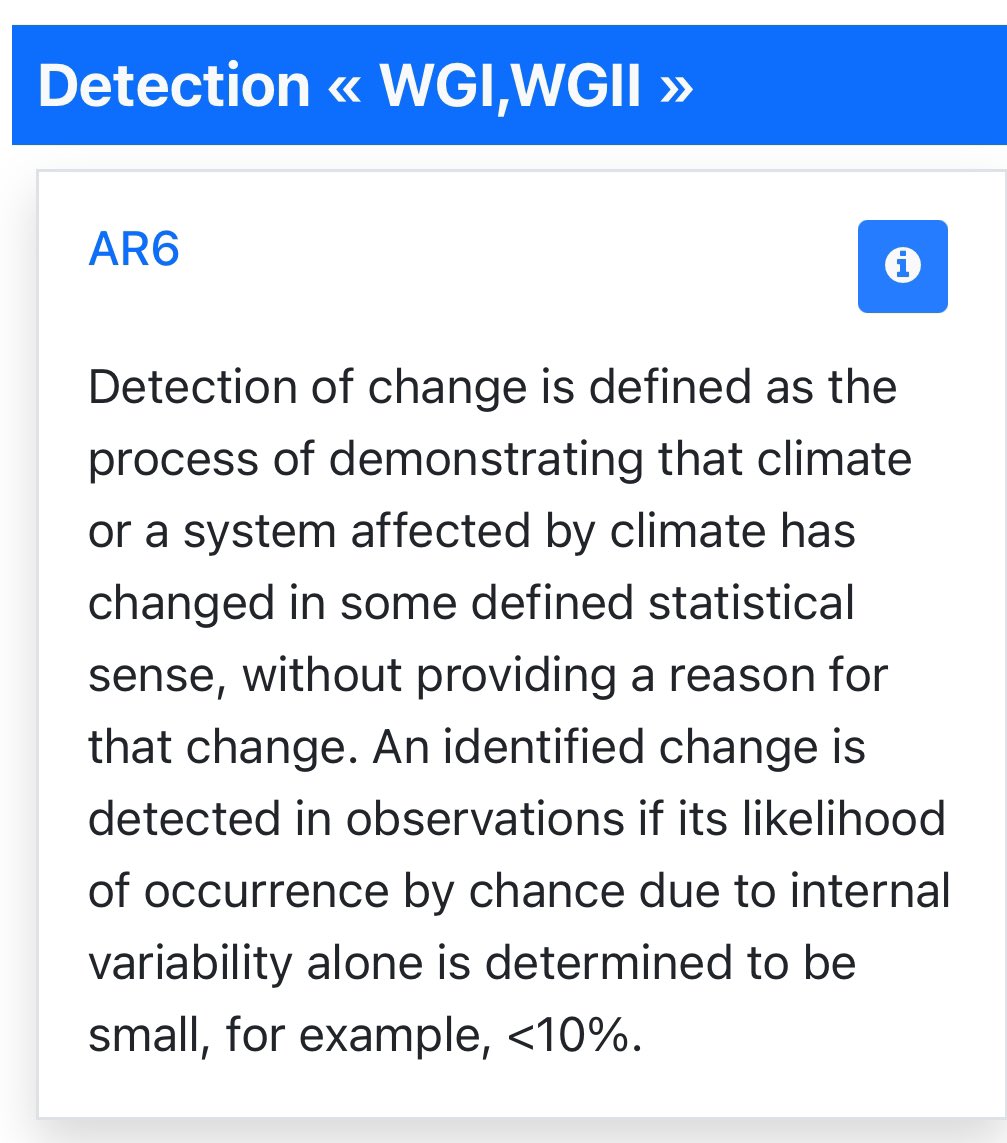🧵 on latest @gcarbonproject
GLOBAL CARBON BUDGET 2021
an absolutely essential resource (props all involved)
Some massive news in here . . .
See thread below from @Peters_Glen for more & links
GLOBAL CARBON BUDGET 2021
an absolutely essential resource (props all involved)
Some massive news in here . . .
See thread below from @Peters_Glen for more & links
https://twitter.com/Peters_Glen/status/1456163397217751044
The biggest news in the Global Carbon Budget 2021 is a very large downward revision in CO2 emissions from land use
The downward revision is about the same size as the total emissions of CO2 from fossil fuels from the EU17 or India
Of course caveats about uncertainties . . .
The downward revision is about the same size as the total emissions of CO2 from fossil fuels from the EU17 or India
Of course caveats about uncertainties . . .

Compared to when I went to sleep last night, our perception of the magnitude of the net-zero challenge just improved (it is stull huge, but less huger than we thought)
This is absolutely great news
This is absolutely great news
As a consequence of the updated understandings 2021 CO2 emissions are now lower than any year 2011-2019
In other words, flat for a decade
Again, very good news
In other words, flat for a decade
Again, very good news

The revision also moves the world a giant step further away from RCP8.5
For those who rely on massive increase in land use emissions to argue for RCP8.5?
Schwalm et al 2020 = RIP
Good news!
For those who rely on massive increase in land use emissions to argue for RCP8.5?
Schwalm et al 2020 = RIP
Good news!

Finally, while LUC is undoubtedly important, we are reminded that the net-zero CO2 challenge is fundamentally one of energy production technologies (carbon intensity of energy for you Kaya wonks)
Keep your eye on the ball
/END
Keep your eye on the ball
/END

• • •
Missing some Tweet in this thread? You can try to
force a refresh

















